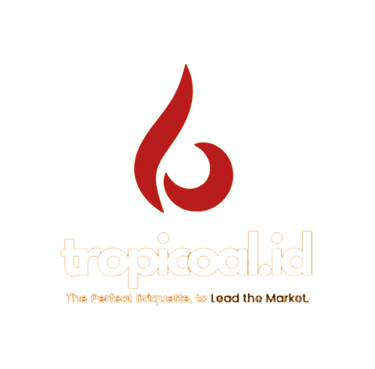Market Alert: European Union Announces, "Green Tariff" Initiative, Favoring Sustainable Imports
The EU's new "Green Tariff" initiative will impact importers. Learn how this policy favors verifiably sustainable products like coconut charcoal and what it means for the market.
HOOKAH/SHIHABBQ
Tropicoal team
8/1/20253 min read


BRUSSELS, BELGIUM – In a landmark move announced this week, the European Commission has outlined plans for a new "Green Tariff" initiative set to be phased in starting 2026. This policy aims to accelerate the bloc's transition to a green economy by placing preferential tariffs on imported goods that can verifiably prove their sustainability, while potentially imposing levies on those with a high carbon footprint or links to deforestation.
For the global charcoal market, this is a game-changing development. It signals a clear and decisive shift away from traditionally sourced materials towards eco-friendly alternatives.
What is the "Green Tariff" Initiative? The policy is designed to reward producers and importers who prioritize sustainability. While full details are still emerging, the core principle involves a tiered tariff system. Products that demonstrate a low environmental impact—such as those made from recycled waste materials, produced with renewable energy, or not linked to deforestation—will benefit from lower import duties.
This directly penalizes products like conventional wood charcoal sourced from non-certified forests, while creating a significant financial incentive for products like premium coconut shell charcoal.
The Clear Advantage for Coconut Charcoal This new regulatory landscape places Indonesian coconut charcoal in an extremely favorable position. Its core value proposition aligns perfectly with the EU's objectives:
Verifiably Sustainable: It is produced from a recycled agricultural waste product (coconut shells), a fact that is easy to document and verify.
Decoupled from Deforestation: Its production has zero link to the timber industry, directly addressing one of the EU's primary environmental concerns.
Lower Carbon Footprint: The process of converting existing waste into a valuable product is inherently more carbon-efficient than harvesting and processing virgin materials.
What Importers Need to Do Now While the policy's implementation is still over a year away, savvy importers must begin preparing now.
Partner with Transparent Suppliers: Ensure your supplier can provide clear documentation and traceability for their raw materials. This will be essential for qualifying for the lower tariff tier.
Strengthen Your Marketing Message: Begin educating your market now about the sustainable and "deforestation-free" nature of your product. Build your brand's green credentials ahead of the policy change.
Re-evaluate Your Product Mix: If you are currently importing a mix of charcoal types, now is the time to strategically increase your focus on coconut charcoal to future-proof your business.
Conclusion The EU's "Green Tariff" is not a threat; it is the single greatest market opportunity for the coconut charcoal industry in a decade. It formalizes the shift towards sustainability that consumers have been demanding. Importers who align their strategy with this policy today will become the market leaders of tomorrow.
Tropicoal.id is committed to the highest standards of sustainability and transparency. Partner with us to ensure your business is perfectly positioned for the green economy of the future.
Contact
Cluster Rossini, Jalan Rossini Selatan II No. 10 Tangerang Regency 15330
Support
Premium Charcoal Briquettes for Shisha and BBQ. Clean burn, minimal ash, and long-lasting heat for superior flavor and performance.
Follow Us


